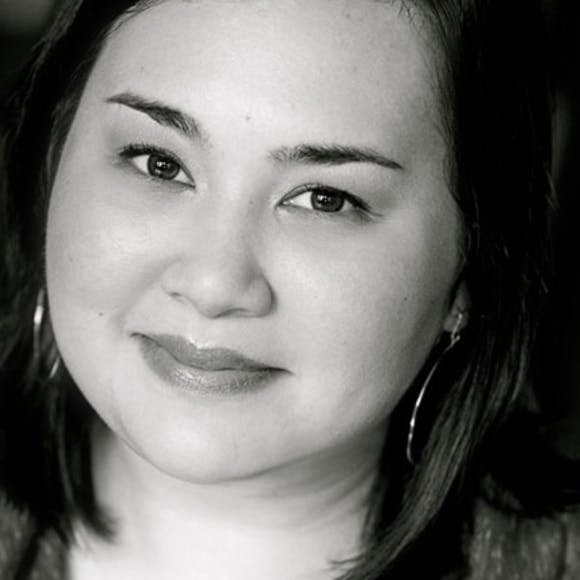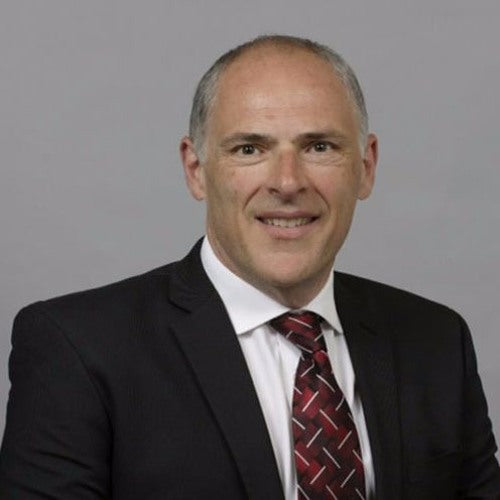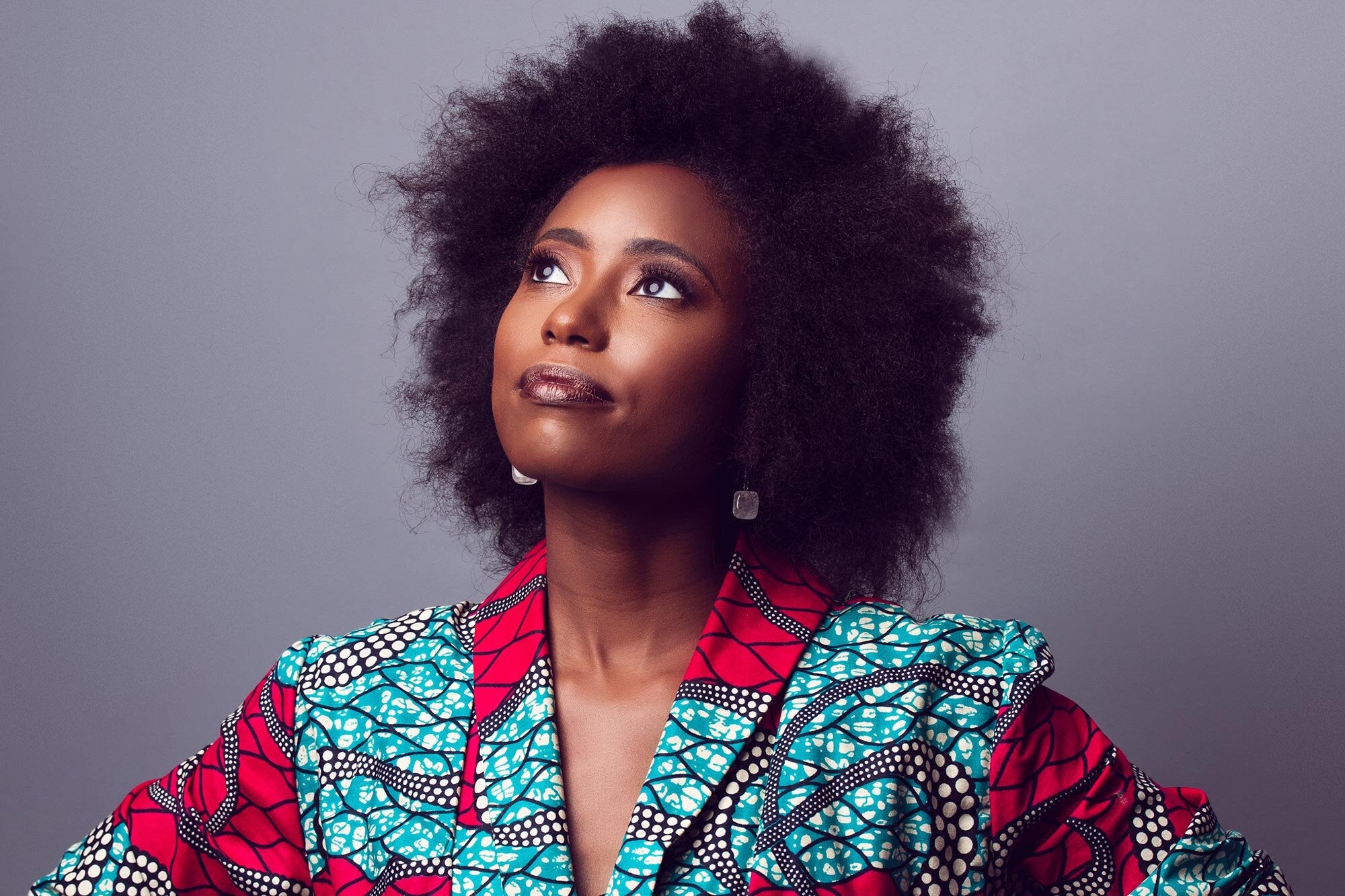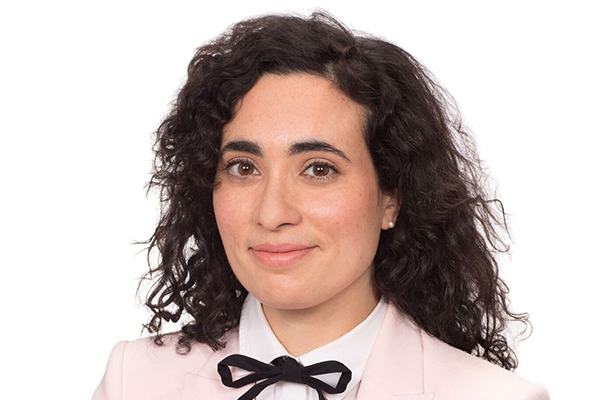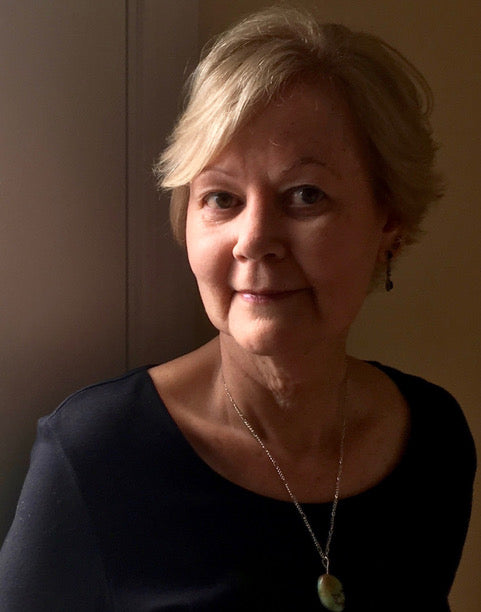
Author: Julie Bogart
Author Bio:
“Julie Bogart is known for her common sense parenting and education advice. She’s the author of the beloved book, The Brave Learner, which has brought joy and freedom to countless home educators.
Her new book, Raising Critical Thinkers, offers parents a lifeline in navigating the complex digital world our kids are confronting. Julie’s also the creator of the award-winning, innovative online writing program called Brave Writer, now 22 years old, serving 191 countries.
She home educated her five children who are globe-trotting adults. Today, Julie lives in Cincinnati, Ohio, and can be found sipping a cup of tea while planning her next visit to one of her lifelong-learning kids.”
1. What can readers expect from your new book, “Raising Critical Thinkers"?
The goal of my book is to help parents face and manage the increasingly complex world our kids are inheriting. We want them to be brave in their thinking, but also wise and curious and compassionate too.
As adults, it's easy to fall into the "my way is the right way" kind of leading. But our kids grow best when we help them make their own assessments, when we show them how to test their ideas and vet the sources they consume. My book aims to help parents do all of that.
2. What have you learned about yourself, as a writer, from this book since your last one?
I learned that writing a book that requires a lot of research takes a LOT of time. I really enjoy research and I enjoy writing, so it was a pleasure. But there is no way to rush the end product. It matters to chase an idea, to sit with it for a while, to write lots of pages you'll never use and then to write and research again.
3. Overall, what do you hope readers get from this book?
My big hope is that parents will raise a generation of kids who aren't reactive—shouting at each other online. I hope that the next generation can learn to hold space for ambiguity, for nuance, and for understanding. I am not talking about some fantasy of agreement, either.
Rather, nuanced thinkers have the capacity to both hold space for a variety of views while advocating with passion for what they conclude. We need both.
4. What do you define as “original thought”? How can both kids and parents train their minds to have more original thoughts?
Original thinking is a tricky word pair, because we do draw on the insights of others to form our thoughts. When I say original thinking, I typically mean that we are in touch with all the factors that contribute to our viewpoints and then we express them in our own unique way.
It matters to give credit to those who add depth, research and value to our thinking. The originality comes through our personalities and our personal experiences that give flavor to our beliefs and ideas.
5. So many parents today are moving towards homeschooling. As a coach, how can parents make a smooth transition from the classroom to the house?
Ha! I love this question. The first step is to trust that your children are natural learners. They do want to KNOW. They are not resistant to learning.
They may be resistant to certain styles of education. But if you can tap into your child's natural inquisitiveness, you can go a long distance in learning and frequently without traditional curriculum or materials.
Start with a belief that your children are smart already and capable of learning anything through everything.
6. In a world full of distractions, what are three tips you can give to parents to create an environment that is less conducive to distractions for their kids?
- Make time for reading every day. You can read aloud to your children, and you can make time for silent reading as a group, too.
- Participate with your children. Play board games, help them with fractions, transcribe their thoughts if it is too difficult to handwrite them. Be a partner.
- Surprise them with a new item, game, or toy once in a while. Clear the coffee table at bedtime, put the item on it, and allow the child to discover the new toy or book or game or microscope without your announcement or explanation. Invite exploration by providing novelty.
7. Critical race theory has become a hotbed topic this year. What suggestions do you have for parents about teaching accurate history and antiracism in their curriculum?
Our chief goal in any teaching of history is to grapple with the facts—the irreducible information that we know is true and has happened. What I like to say to parents who want to limit the teaching of any doctrine or interpretation of history is this: What are you afraid of?
Our task as parents and educators is to bravely explore both our triumphs and atrocities—and to allow ourselves to be uncomfortable in that process. Children take their cues from adults. If we can face the past with courage, so can our children. That's how they will know that they can build a better, more humane future for all.
8. With the emergence of Virtual Reality, Artificial Intelligence and even Metaverse learning based on your 20+ years of homeschooling, what roles might these new technologies play in the future of homeschooling?
I am not as equipped to comment on these in specifics, but I will say that I am a technological optimist. I do tend to believe that we will solve the problems technology creates with technology we innovate. So I welcome the chance to explore these new tools and then to learn from them and modify their use.
9. What scares you most about our society today?
My biggest sadness is that today we believe that we must have well-defined opinions about every topic and that if we do not express that opinion publicly, we are forfeiting our integrity. There needs to be more space for dissent, for pausing and considering, for allowing ourselves to live in a liminal space of not yet knowing.
10. What inspires you most about our society today?
I think our young people are AMAZING! They understand the internet better than most adults. They have a grasp of how fleeting opinions are, how wide a variety humankind is, and how much they want to create a world that includes everyone. I find Gen Y and Z utterly inspiring!
11. How has it been homeschooling during a global pandemic?
The pandemic did for homeschooling what could never have been achieved any other way: it got it on the map as a valid and viable form of education for anyone. For the first time, homeschooling parents felt the esteem of their public school parent peers.
It was remarkable really! I think we all realized, however, that no matter what kind of education you give your children, time with friends is crucial. It was really difficult for children to be cut off from meaningful activities with friends.
In terms of learning, though, I hear all the time that many parents find it stunning to see their kids relax and thrive without the burden of traditional school.
12. What is your best advice for getting over writer's block?
Write. Write. Write. Even if what you write is awful. Even if you can't think of anything to say.
Also: when I get really blocked, I know it means I need to go back to research. Get more thoughts to consider, more ideas to ponder, more words to adopt and use.
13. What's the best book you have read so far this year?
Braiding Sweetgrass by Robin Wall Kimmerer is just one of the most gorgeous books I've ever read and I loved using it in my research for this book.
14. Do you plan on writing more books in the future?
Oh goodness yes! It is my happy place. I have lots of titles percolating in me even now. I hope I live long enough to write several more of them!


